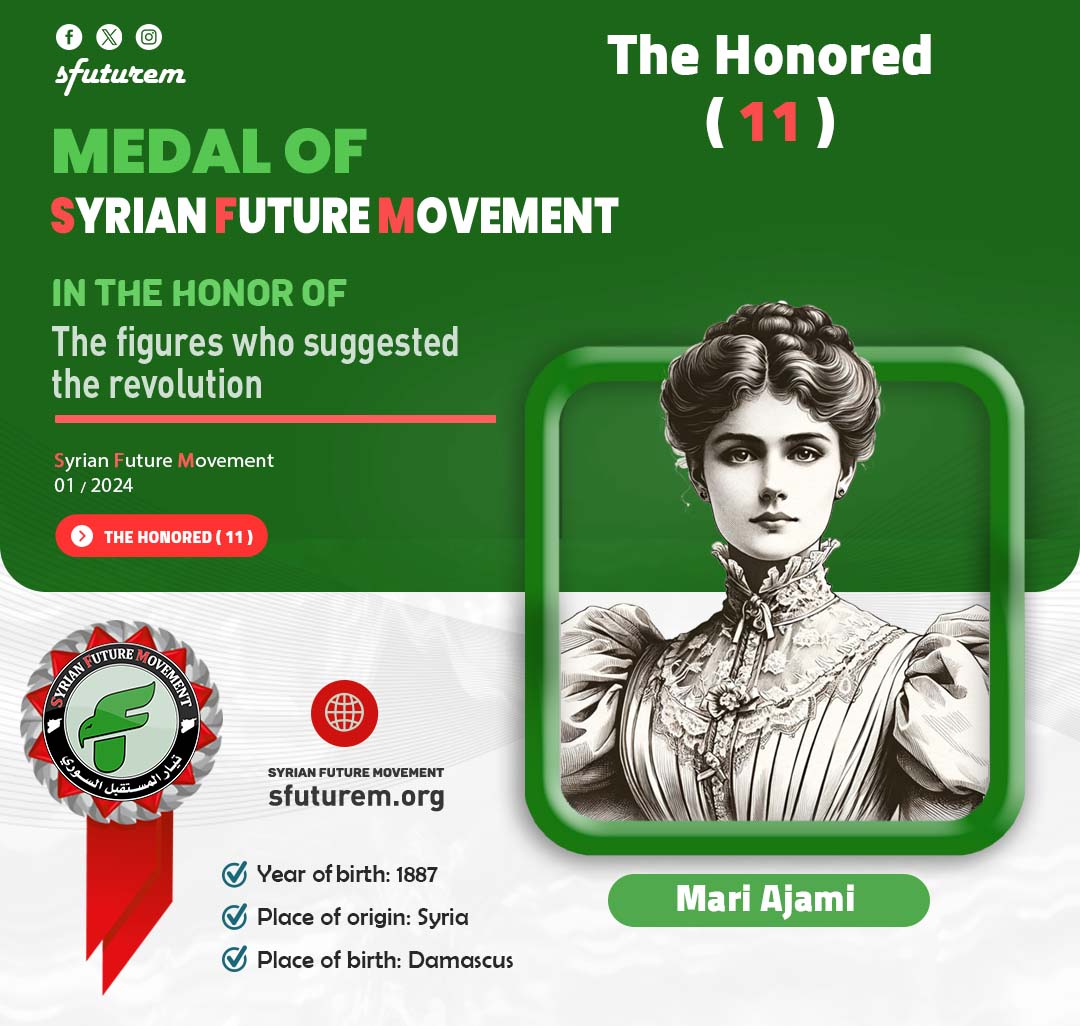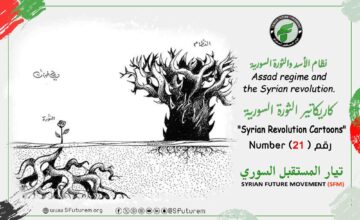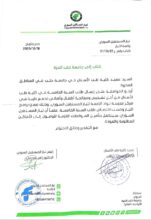Honored Number (11) Mari Ajami

“To those who believe that in the breath of a woman lies the power to kill the germs of corruption, and in her hand a weapon to tear through the darkness of despotism, and in her mouth a consolation that lightens the burden of human misery. To those with zeal and passion, to those who extend their hands to rescue their female peers from the abyss of this distorted environment, I present my magazine.”
Introduction of Al-Arous magazine by: Mari Ajami.
Mari Abdou Ajami, a prominent Syrian female figure, was born in Damascus in 1887, to a family originally from Hama. She was nicknamed ‘Al Ajami’ because her grandfather “Yousef” traded jewelry and ornaments from Damascus to Persia.
She studied in Russian and Irish schools and received her diploma in 1903, teaching for a year before joining the nursing school at the American College in Beirut.
She wrote for various Syrian newspapers under the pseudonym “Layla” and later under her real name. She corresponded with various newspapers in Lebanon and Egypt, focusing on educational themes and the hopes pinned on the renaissance.
In 1910, she launched the first women’s magazine in Syria, named (Al-Arous Magazine), which changed societal views on women.
During the four-year hiatus of her magazine (1914 – 1918), she founded an educational institute focused on instilling proper national sentiment in students and opposing French colonialism.
She co-founded, with Nazik al-Abid, the Women’s Literary Club, then the Noor Al-Fayha Society, and the Martyrs’ Daughters School. She was also elected as a member of the Literary Association founded by Khalil Mardam Bey, being the only woman in it. Mari Ajami won the first prize from the British Broadcasting Corporation in 1947.
She was an activist against French mandate schools and the erasure of national history and identity.
Mari Ajami died in Damascus in 1965 at the age of 77 after living her final years in isolation due to illness. Only 16 relatives attended her funeral, among them no literary figures except Fouad Al-Shayeb.
We, in the Syrian Future Current, as we recall our national history through its influential figures, affirm that Syria possesses characters, especially women, which the Syrian regime tried to erase to showcase the sole symbolism of Assad’s authority, and to suppress the great women of Syria. For their cultural and national history, through their pens, speeches, political stances, and awareness of the importance of intellectuals and their role in affirming values of liberation from colonialism, while preserving the national identity that we carry in the Syrian Future Current. In recognition of the great figures of Syria and their contributions, we present the Syrian Future Current Shield this week to the great Syrian “Mari Ajami,” a symbolic Syrian shield that carries our vision and our comprehensive national approach.






